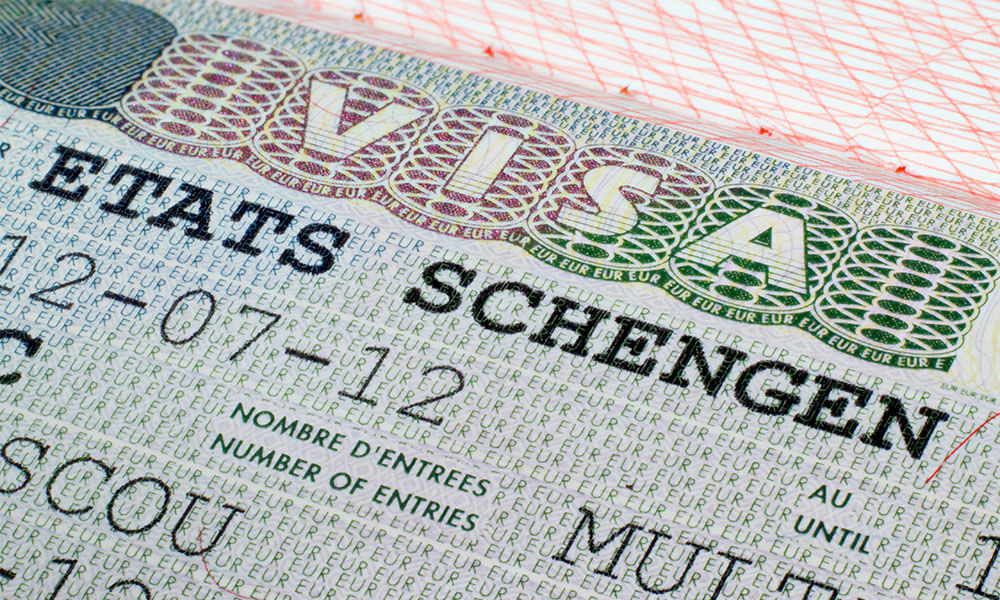
 Finance
FinanceHaving one of the strongest currencies in the world can make travelling more attainable, importing goods more affordable, and borrowing funds more accessible. The strength of a country’s currency may also indicate its economy’s health and political stability. So, what are the strongest currencies in the world today?
 Travel
TravelDreaming of touring the European countryside? Now that you’re a Filipino living in Europe, this dream can easily become a reality. All you need is to pass your Schengen Visa application. However, you first need to understand what a Schengen Visa is and what it can allow you to do.
 Lifestyle
LifestyleIf you’re a Filipino who has recently moved to the United Kingdom, chances are you’re still figuring out the UK education system and how it will shape your child’s future. Studying in the UK will also be an adjustment for you and your child. Unlike American schools which follow the K-12 curricula, the UK education system follows a four-stage national curriculum that requires your child to stay in school until they are 16. If you live in England however, your child must stay in some form of education until they are 18. This can be any of the following:
 Community
CommunityLarry Itliong is one of the main heroes when it comes to Filipino American and civil rights history. Without his efforts, there would be no Delano Grape Strike, and no retirement home for the manongs (older Filipino American men), growing too old for manual labour in America. There would also be no United Farm Workers Union, founded with other Filipino heroes, Cesar Chavez, Dolores Huerta and more. But there are also many other Pinoys who have made waves in the United States, from Olympic medallists to war soldiers, here’s a list of some of our favourite Filipino heroes in America.
 News
NewsWhen people talk about the Delano Grape Strike, the first historical figures that come to mind are Cesar Chavez and Dolores Huerta. But before Chavez and Huerta ever began protesting, Filipino American farm workers led by Larry Itliong were already paving the way toward fair pay and better rights for farm workers in California.
 Lifestyle
LifestyleIf your children have come along with you to the United States, then they will have to attend American schools throughout your stay in the country. But before you start buying school supplies, take note: Going to schools in America is a different experience compared to studying in the Philippines, so you will need to understand how the system works and how much time your child needs to complete their education. Luckily, we’re here to help.